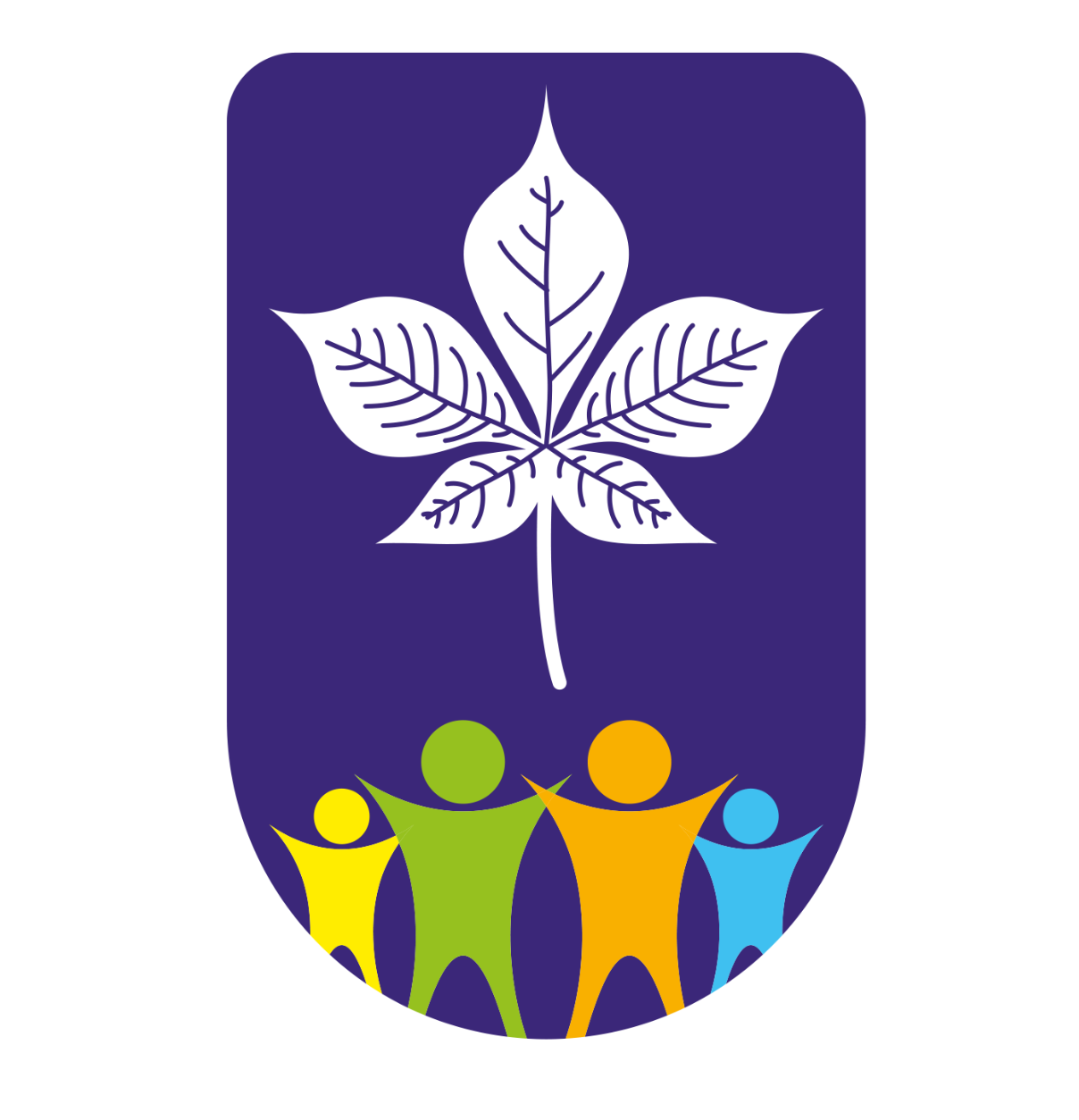Maths
Characteristics of a Mathematician.
-
An understanding of the important concepts and an ability to make connections within mathematics.
-
A broad range of skills in using and applying mathematics.
-
Fluent knowledge and recall of number facts and the number system.
-
The ability to show initiative in solving problems in a wide range of contexts, including the new or unusual.
-
The ability to think independently and to persevere when faced with challenges, showing a confidence of success.
-
The ability to embrace the value of learning from mistakes and false starts.
-
The ability to reason, generalise and make sense of solutions.
-
Fluency in performing written and mental calculations and mathematical techniques.
-
A wide range of mathematical vocabulary.
-
A commitment to and passion for the subject.
Intent
To provide an ambitious curriculum accessible to all pupils in school
Pupils to become fluent in the fundamentals of mathematics.
To develop conceptual understanding and the ability to recall and apply knowledge rapidly.
To reason and problem solve by applying mathematics to a variety of increasingly complex problems.
To build upon children’s knowledge and understanding from EYFS to year 6.
To develop resilience that enables all children to reason and problem solve with increased confidence.
To use maths in real life situations.
To apply maths to active and outdoor learning.
Implementation
To ensure full unit coverage, the school uses ‘White Rose Maths’ for the sequence of teaching and is supplemented by ‘Classroom Secrets’ and ‘FOCUS Maths’. This is a whole-school primary maths curriculum that creates continuity and progression in the teaching of mathematics.
Daily maths lessons include fluency, reasoning and problem-solving. They also incorporate:
Visualisers – we use the CPA approach to help pupils understand mathematics and to make connections between different representations.
Describers – we place great emphasis on mathematical language and questioning, so pupils can discuss the mathematics they are doing, and so support them to take ideas further.
Experimenters – as well as being fluent mathematicians, we want pupils to love and learn more about mathematics.
Before each unit of maths, the children take a short pre-assessment and then the teacher adapts the teaching and the activities to ensure all pupils are challenged appropriately. They are assessed again just after the end of the unit to ensure progress is being made through their maths journey.
Children are assessed when necessary and rewarded for rapid recall of number bonds (KS1) and times tables (Years 2-6).
Children are assessed on a termly basis using SATs papers for Year 2 and Year 6 and White Rose End of Term Tests for the other year groups.
2-3 times per week, lessons should include some sort of active maths activity (whole class or small groups).
Impact
Most children reach end of year expectations.
Children’s progress is tracked using information from their post-assessments (end of unit), end of term tests (3 times a year) and teacher assessments.
Well planned sequences of learning support children to develop and refine their maths skills.
Children are able to independently apply their knowledge to a range of increasingly complex problems.
Children are reasoning with increased confidence and accuracy.
Children are able to talk about their learning using the correct mathematical vocabulary.
Useful Links
White Rose Progression Document
Curriculum Overview - Key Changes Document
Calculation Policy:

